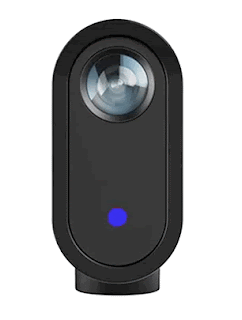The brainchild of Lithuanian artist Benediktas Gylys, “the Portal” was unveiled on Wednesday and allows people on either side of the Atlantic to interact with each other via a video link.
New Yorkers can head to Flatiron South Public Plaza at Broadway, Fifth Avenue, and 23rd Street, next to the Flatiron Building, to see people on Dublin’s O’Connell Street on the 24/7 visual livestream, according to a Wednesday press release. more
-----
From the Security Scrapbook... “Good artists copy, Great artists steal” files.
This isn't the first time an artist has connected New York City with Europe. You can read our May, 2008 post here. Links to the picture have evaporated, but the WSJ covered it as well...
UPDATE 3/15/24: The video portals connecting Dublin and NYC have been shut down to address inappropriate behavior, which apparently included flashing, showing porn, and mocking 9/11.
UPDATE 5/20/24: Dublin-New York portal reopens with set hours. A live video "portal" between Dublin and New York has reopened after it was temporarily closed due to "inappropriate behaviour".















